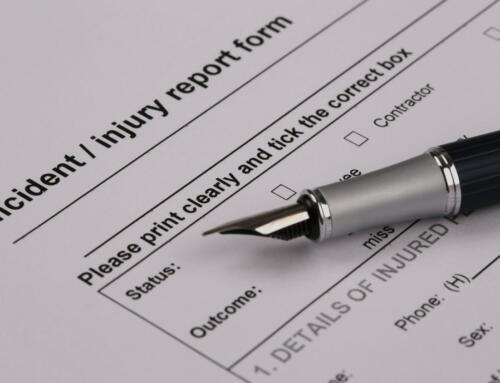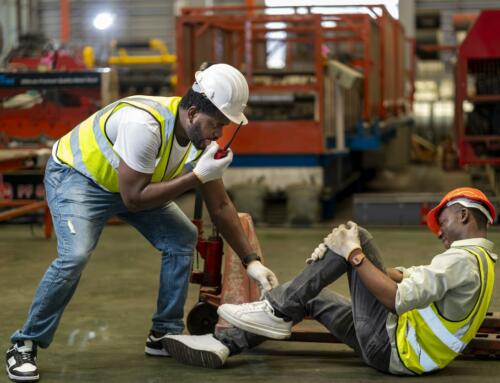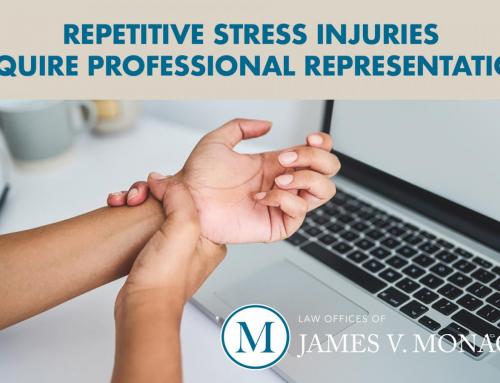Traumatic brain injuries (TBIs) are a serious health concern that can occur in the workplace and shouldn’t be ignored. TBIs happen when an external force causes damage to the brain, resulting in physical, cognitive, and emotional symptoms. These injuries can be caused by a variety of factors, including falls, vehicle accidents, and blunt force trauma.
One of the most common causes of TBIs in the workplace is falls. Workers in construction, roofing, and other jobs that involve working at heights are at a high risk of falling and sustaining a TBI. These injuries can occur from falling from a ladder, scaffolding, or roof, and can result in serious head trauma. Additionally, workers who operate heavy machinery or drive vehicles are also at risk of TBIs from accidents.
Blunt force trauma is another common cause of TBIs in the workplace. This type of injury occurs when an object strikes the head, causing damage to the brain. This can happen in a variety of ways, such as when a worker is hit by a falling object, or when a worker is involved in a vehicle accident. Blunt force trauma can also occur in sports and recreational activities where head-to-head contact is common.
Symptoms of a TBI can vary widely, but some common symptoms include headaches, dizziness, nausea, confusion, memory loss, and changes in mood or behavior. In more severe cases, TBIs can result in long-term physical and cognitive impairments, such as difficulty with coordination, balance, and speech.
Treatment for TBIs typically involves a combination of medical care and rehabilitation. In the acute phase, medical care is focused on stabilizing the patient and preventing further injury. This may include medications to reduce inflammation and swelling, as well as surgery to repair any skull fractures or bleeding in the brain. Once the patient is stable, rehabilitation begins, which is aimed at helping the patient regain their cognitive and physical abilities. This may include physical therapy, occupational therapy, speech therapy, and counseling.
In addition to medical treatment, there are also steps that can be taken to prevent TBIs in the workplace. Employers can take steps to improve safety in the workplace, such as providing training on proper safety procedures and providing protective equipment. In addition, employers should also have protocols in place for responding to TBIs, such as providing first aid and calling for emergency medical assistance.
In conclusion, TBIs are a serious health concern that can occur in the workplace. These injuries can be caused by a variety of factors, including falls, vehicle accidents, and blunt force trauma. Symptoms of TBIs can vary widely but can include headaches, dizziness, nausea, confusion, memory loss, and changes in mood or behavior. Treatment for TBIs typically involves a combination of medical care and rehabilitation. Employers can take steps to improve safety in the workplace, such as providing training on proper safety procedures and providing protective equipment, to help prevent TBIs from occurring.
It is important to understand that workers’ compensation is a complicated area of the law. The insurance company has lawyers. Shouldn’t you? Call the Law Offices of James V. Monaghan for a free consultation from an attorney certified by the Pennsylvania Bar Association as a specialist in Workers’ Compensation.
Read More:







